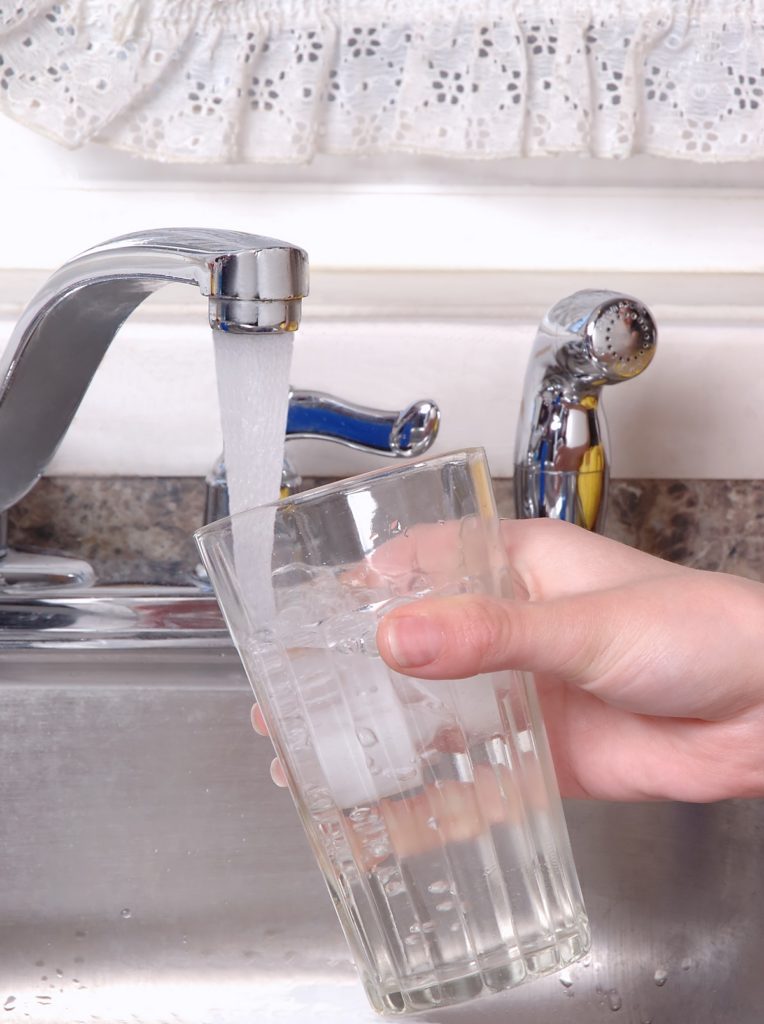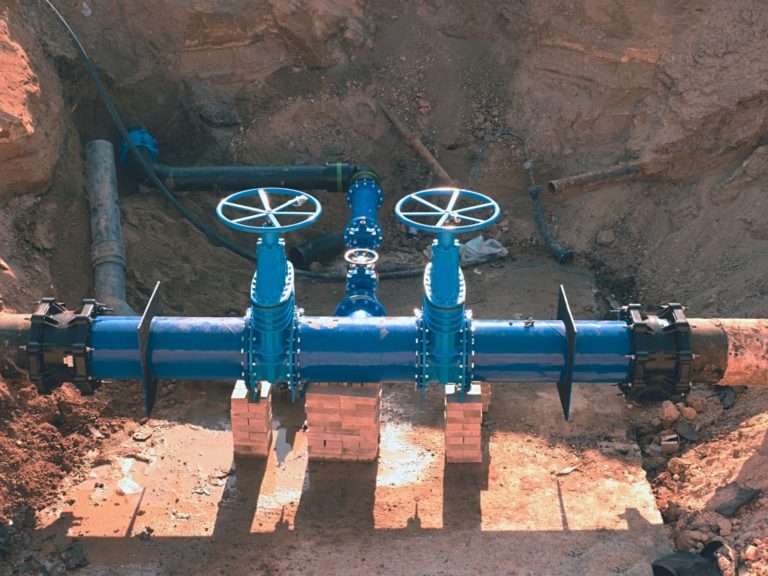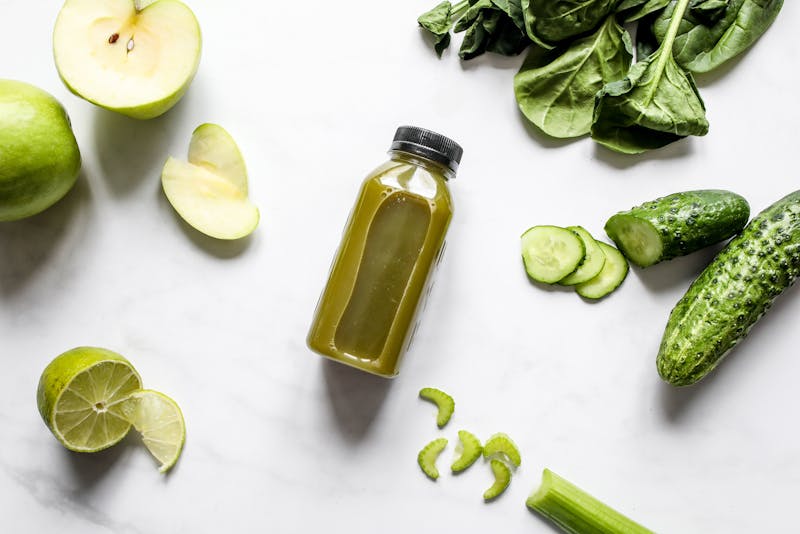All across the United States and the rest of the world, people may have to deal with issues related to water hardness. Whether the local water supply is considered hard or soft depends on location; someone who lives in the Pacific Northeast, for example, may not give the matter much thought, but residents who use only the best water softeners in Herriman and other parts of Utah are well acquainted with its effects. No matter where you live, here are some truths and myths about hard water that may prove useful.
Fact: Hard water is terrible for pipes
Water hardness is caused by the presence of elevated concentrations of certain minerals, most commonly calcium and magnesium. Over time, these minerals slowly build up inside pipes and fixtures, forming deposits known as mineral scale. These clog the interior of pipework, restricting the effective flow of water; the effect is especially pronounced with heated water, which accelerates the precipitation of minerals.
Fiction: It isn’t safe to drink
While you might have some reservations about drinking water with higher-than-usual mineral content, the World Health Organization states otherwise; hard water is safe for general consumption, although some may detect a metallic taste and prefer conditioned water instead. In fact, since our bodies need a certain amount of minerals (which many people obtain in the form of supplements), hard water may have some health benefits; further research is being undertaken in this regard.
Fact: It can cause skin reactions and hair loss
Depending on an individual’s skin sensitivity and any existing conditions he or she might have, hard water can cause adverse reactions such as scalp residue or hair fall. The minerals in hard water tend to form scum with soap, making it more likely that excess moisture is left on the skin. Some people might also experience occasional breakouts, irritation, or rashes on their skin. Preexisting conditions of eczema or psoriasis may get worse with prolonged exposure to hard water.
Fiction: Drawing water from a well avoids issues with hardness
In many areas known for their water hardness, new residents might think that avoiding the municipal water supply by drawing water from a well on their property can prevent the issue. However, even with wells encased in steel or PVC, which prevents contamination from local substances, the ultimate source of water is still an aquifer, which may already contain high mineral concentrations; testing of the private water supply is still recommended.
 Fact: Water hardness is costly to deal with
Fact: Water hardness is costly to deal with
The term ‘hard water’ traces its origins to the fact that people found it hard to wash with; a fact that remains true to this day. Water hardness leads to higher consumption in everyday activities such as washing; it also requires more energy to heat untreated water. Over time, the maintenance costs of plumbing and heaters are also increased due to scale formation.
Fiction: You shouldn’t attempt DIY solutions for hard water
While long-term solutions for water treatment should be determined and installed by professionals, you can try a few DIY home remedies for some problems. Scale buildup on faucets and showerheads can be removed with white vinegar; this fix can also work on some appliances such as coffee makers. Flushing a water heater regularly as part of the owner’s maintenance routine can also reduce scale formation and extend its effective lifespan.
Hard water can be a significant issue depending on location, and if you’re considering a short-term or permanent move, knowing these details can help you mitigate costs and any health concerns.





